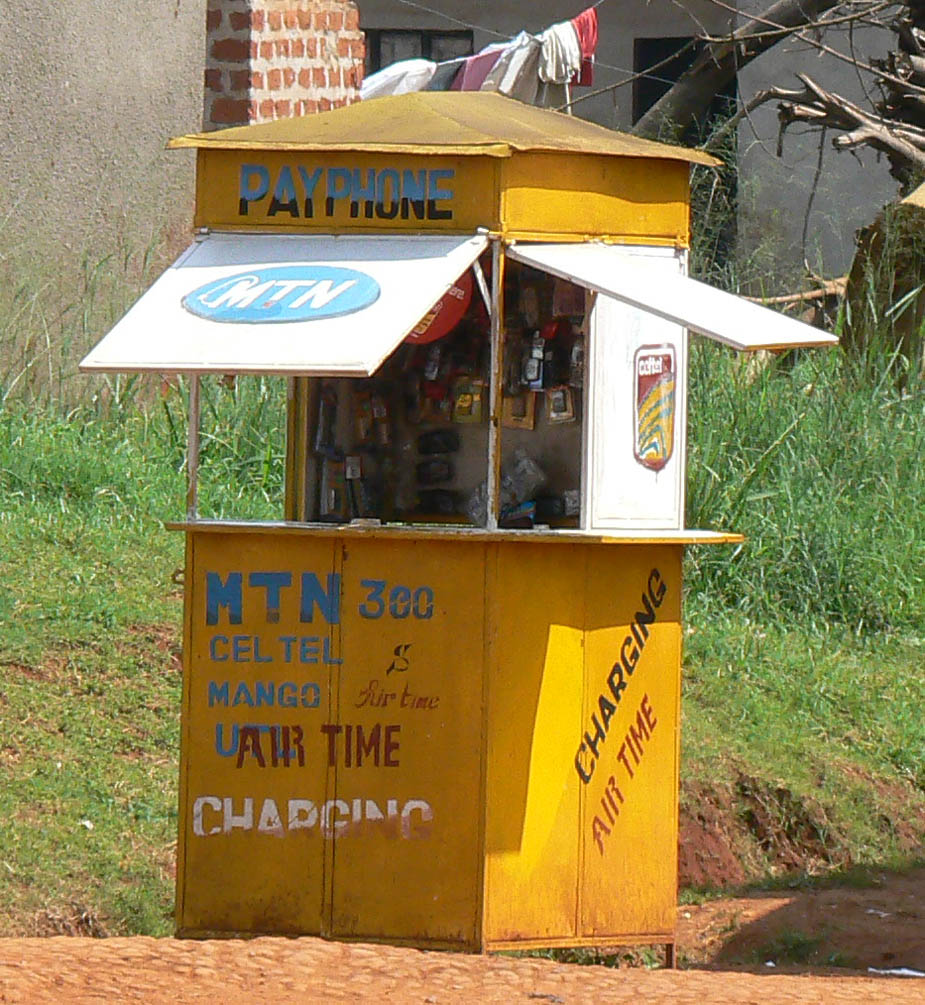 Phone
companies will be fined for dropped or blocked calls by the Uganda
Communications Commission (UCC) if a new statutory instrument to egulate the
sector is passed by the ICT minister. The instrument currently under scrutiny
by the minister provides for different fines for quality service that each
telecom company fails to meet.
Phone
companies will be fined for dropped or blocked calls by the Uganda
Communications Commission (UCC) if a new statutory instrument to egulate the
sector is passed by the ICT minister. The instrument currently under scrutiny
by the minister provides for different fines for quality service that each
telecom company fails to meet.
The fines,
according to the UCC legal services director, Susan Wegoye, will be determined
on the basis of the gross annual revenue for the preceding year. However, the
fines will be waived if the drop in quality is caused by war, floods, storms or
any other unavoidable natural phenomenon.
"We have
equipment capable of monitoring the performance of telecom companies on
parameters agreed upon. So, if a call is dropped, blocked or the network fails,
our equipment is in position to record and aggregate all these," Wegoye
said during a meeting with MPs on the ICT committee yesterday.
Wegoye
was responding to queries by MPs about UCC's capability to monitor telecom
companies in the country. The ICT minister will scrutinise the instrument in
consultation with the Solicitor General before it is gazetted.
However, the
instrument, hich is premised on the Uganda Communications Bill, 2012, will not
take effect until it is an Act after the President assents to it. The Bill,
which was passed by Parliament in September, seeks to merge the Uganda
Communications Commission and Broadcasting Council into one body.
The
MPs demanded that they are consulted before the instrument takes effect because
the UCC has set low standards. Aruu County MP Odonga Otto, for example, noted
that the call-up time of 20 seconds was too long.
"Unless one
is making an international call, 20 seconds is unacceptable for one connection
to go through," Otto said. Target values that will attract fines if not
met include dropped calls, call set-up time, point of interconnection blocking,
network availability, blocked calls, call set-up success rate, service
restoration time, good call quality and SMS completion rate.
In Africa,
Nigeria and Rwanda have set a precedent by imposing heavy penalties on leading
mobile phone companies over poor services. Nigeria recently imposed $7.3m
(about sh20b) on four telecom companies over "a new regime of quality
service". Uganda Communications Commission is the regulatory body of the
communications sector in Uganda.
